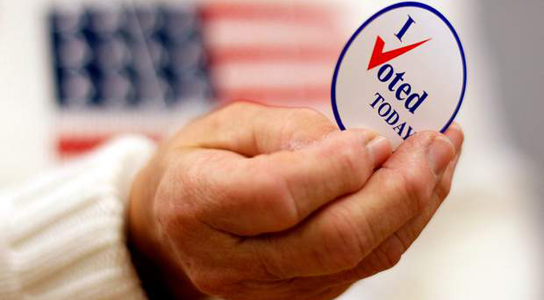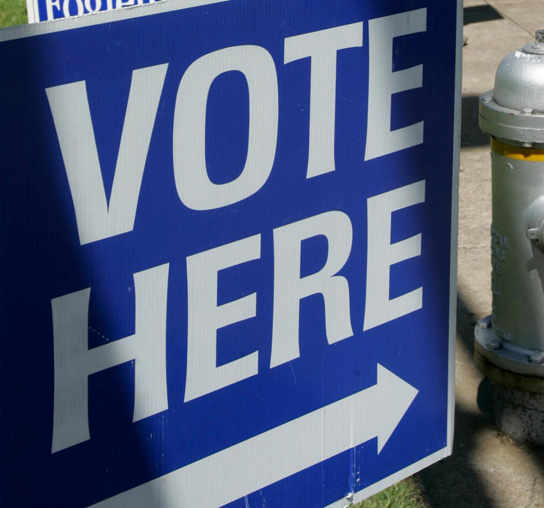Mass Social Networking Study Indicates Influence of Close Friends Augmented Voter Participation
September 13, 2012

According to a new study, 340,000 extra people turned out to vote in the 2010 US congressional elections because of a single-election day Facebook message. Researchers ran an experiment involving 61 million users of the social network.
The scientists published their findings in the journal Nature. It’s the first study of its kind to actually demonstrate how the online world can significantly affect the real world on a large scale. The most telling discovery is that the closest Facebook friends exerted the most influence in getting people to vote.

Political scientist James Fowler from the University of California in San Diego led the study in collaboration with Facebook’s data-science team. Online networks are powerful, but it’s the real-world ties that have always been there that are making a difference.
The users, all from the US, over 18, and who accessed the site on November 2nd 2010, were separated into three groups. About 611,000 users (1%) received an informational message at the top of their feed, encouraging them to vote. 98% received a social message, which included the same elements, but showed profile pictures of up to six randomly selected Facebook friends who had clicked the ‘I voted’ button. The remaining 1% of users was used as a control group that received no message.
The groups’ online behaviors were matched to the 6.3 million users with publicly available voting records. The users who got the informational message voted at the same rate as those who saw no message at all. However, those who saw the social message were 2% more likely to click the ‘I voted’ button and 0.3% more likely to seek information about a polling place than others, and 0.4% more likely to head to the polls than either other group.
The social message therefore directly increased the turnout by about 60,000 votes. A further 280,000 people were indirectly nudged towards the polls by seeing messages in their news feeds telling them that their friends had clicked the ‘I voted’ button.
Only close friends influenced users to vote in the real world. On average, Facebook users have 150 friends, but they have close relationships with only about 10 of those.
In comparison, door-knocking campaigns can raise voter turnout by about 8%, email campaigns achieve gains of 1% or less.
No comments:
Post a Comment